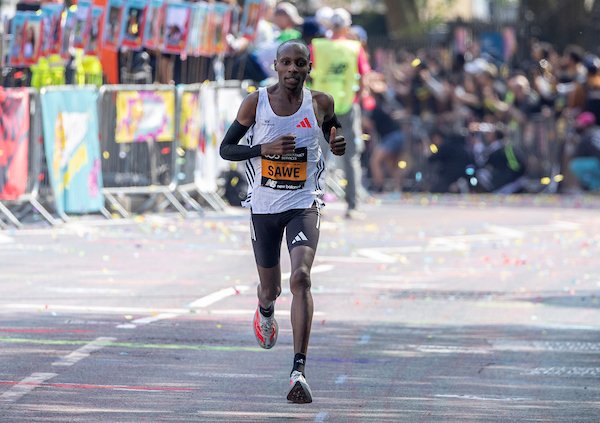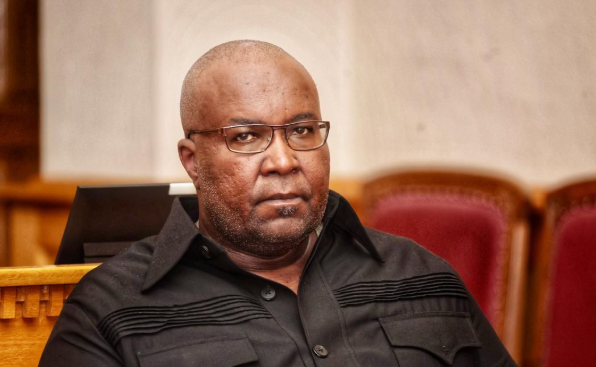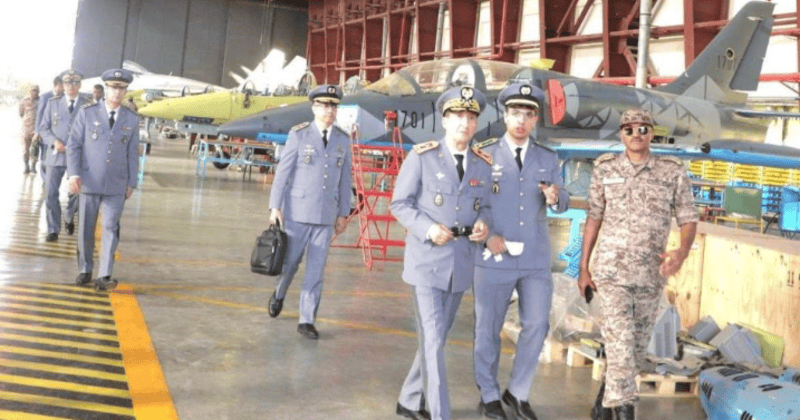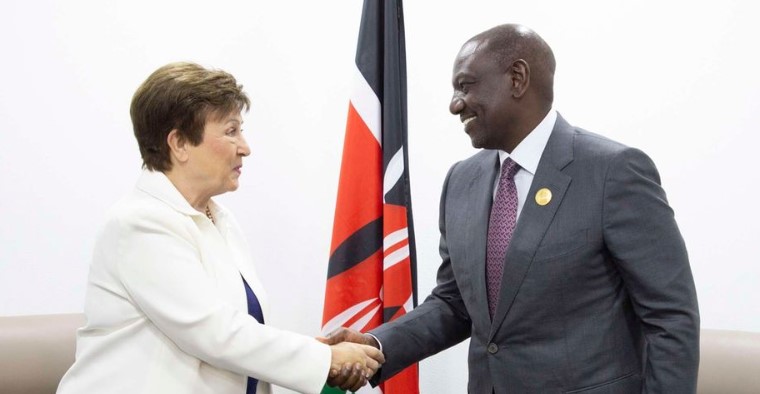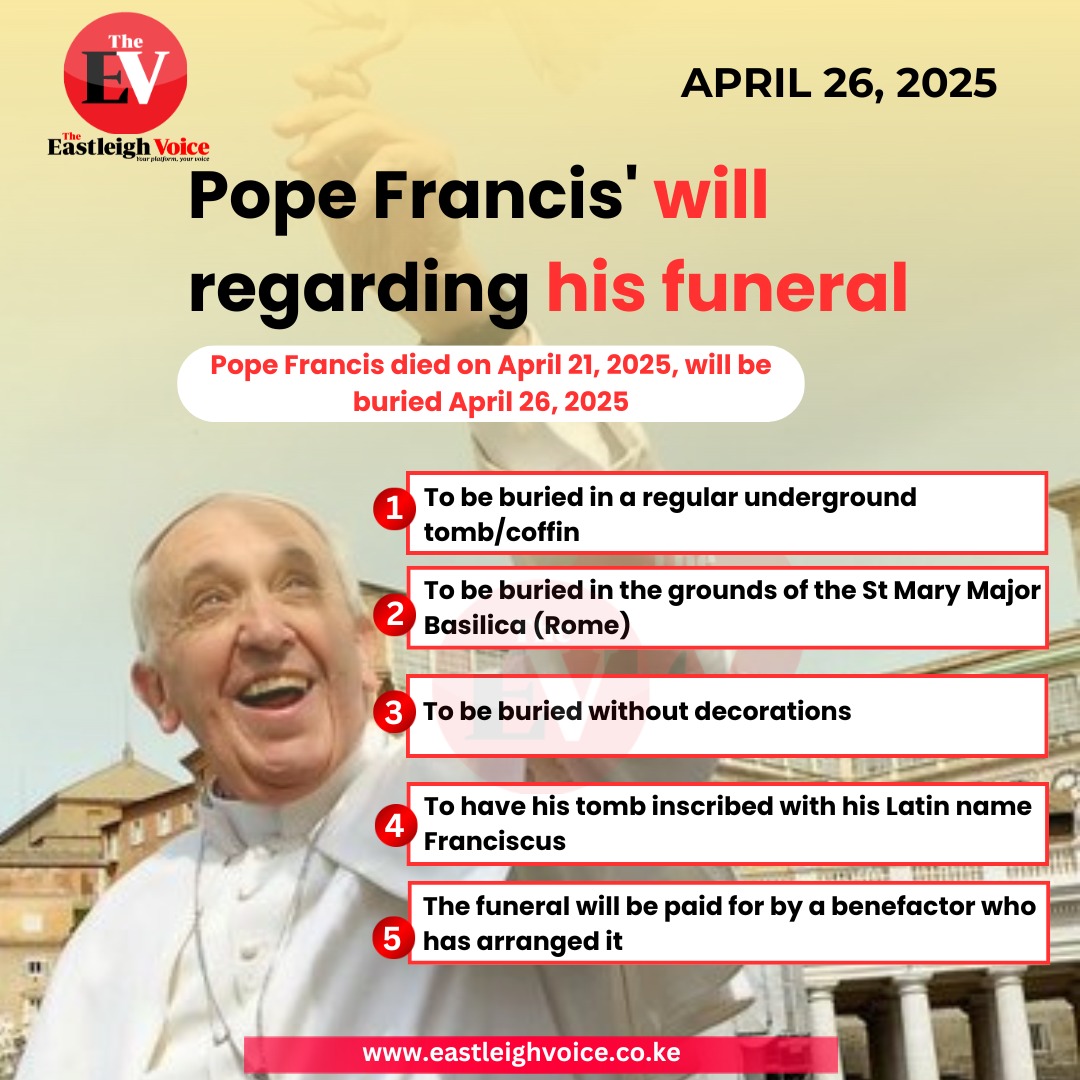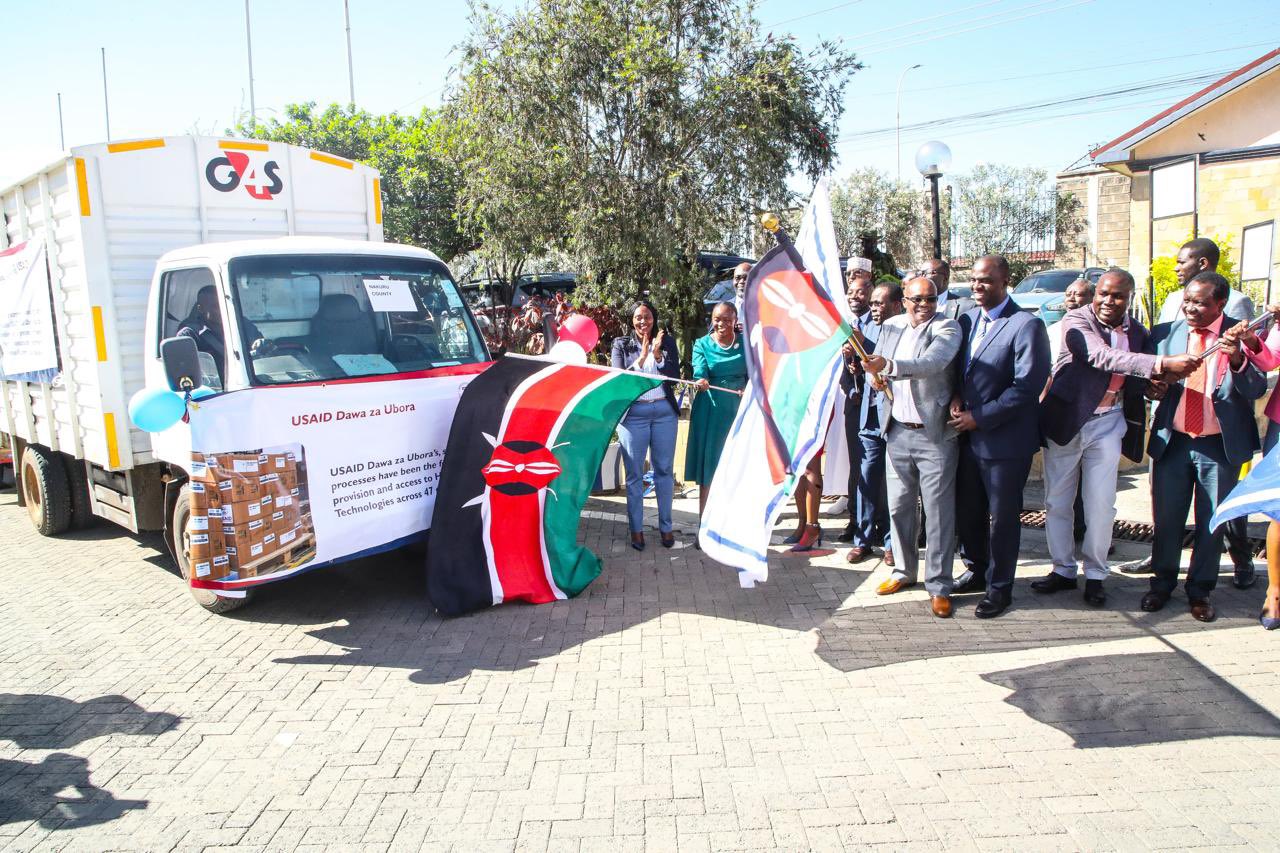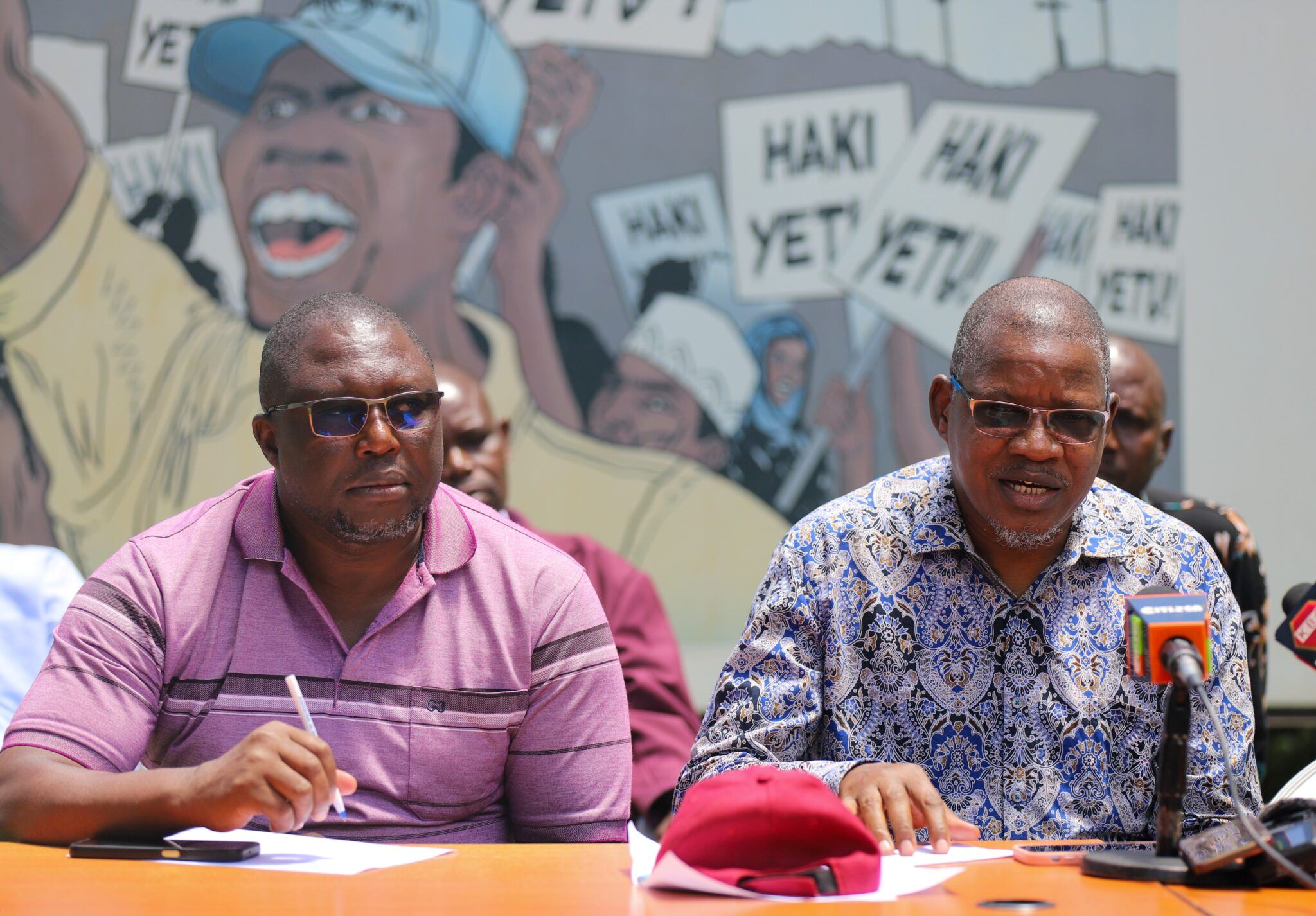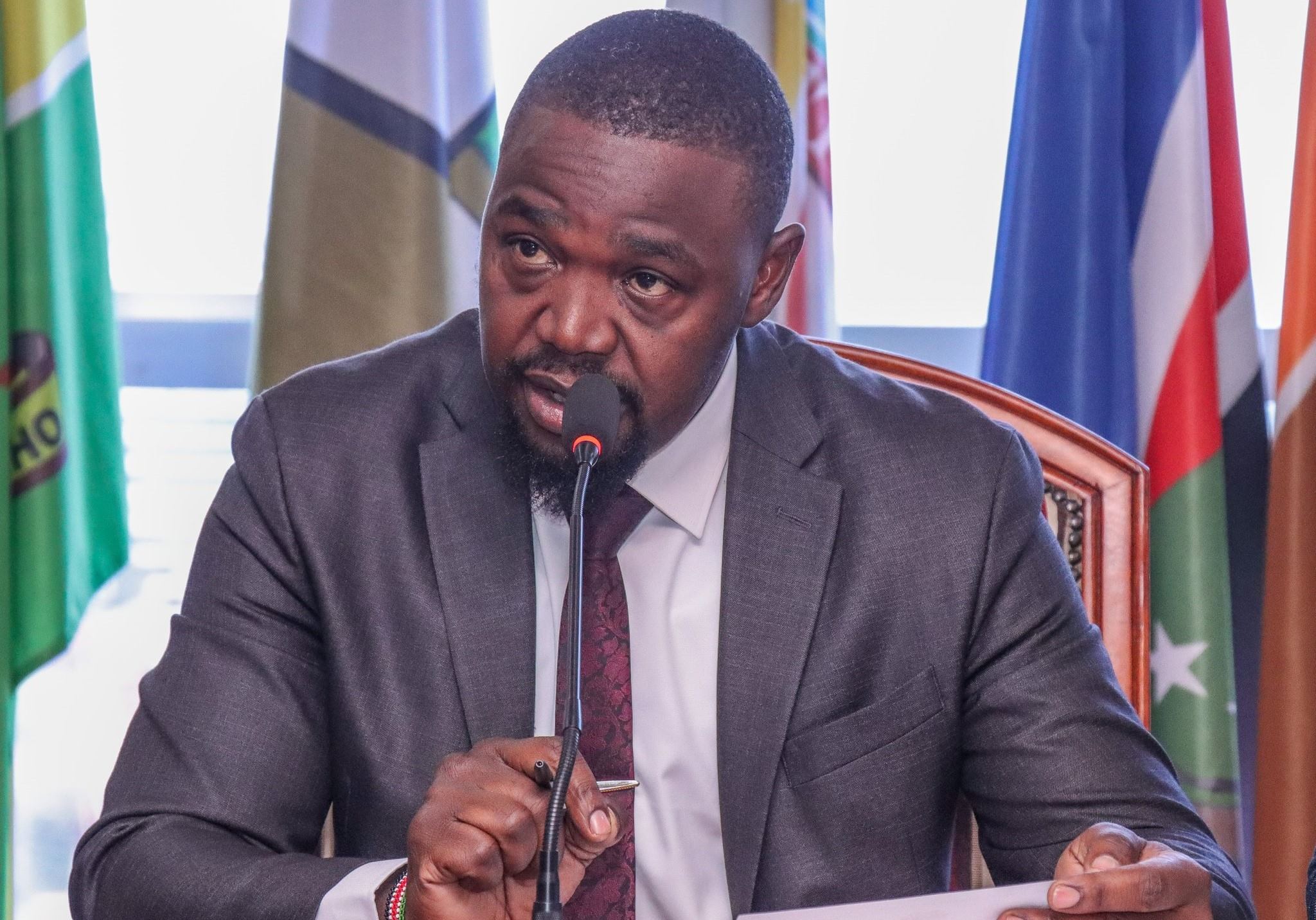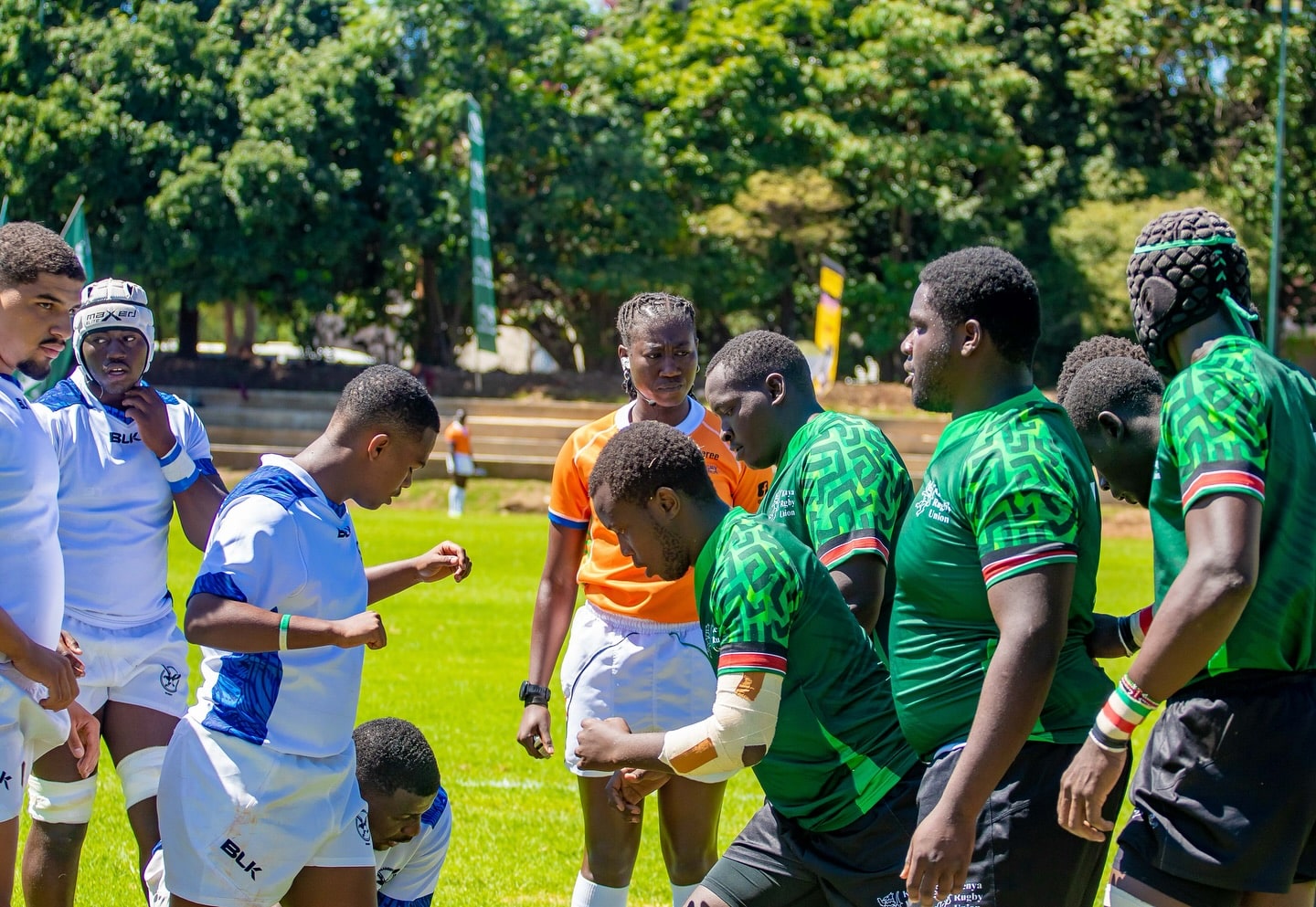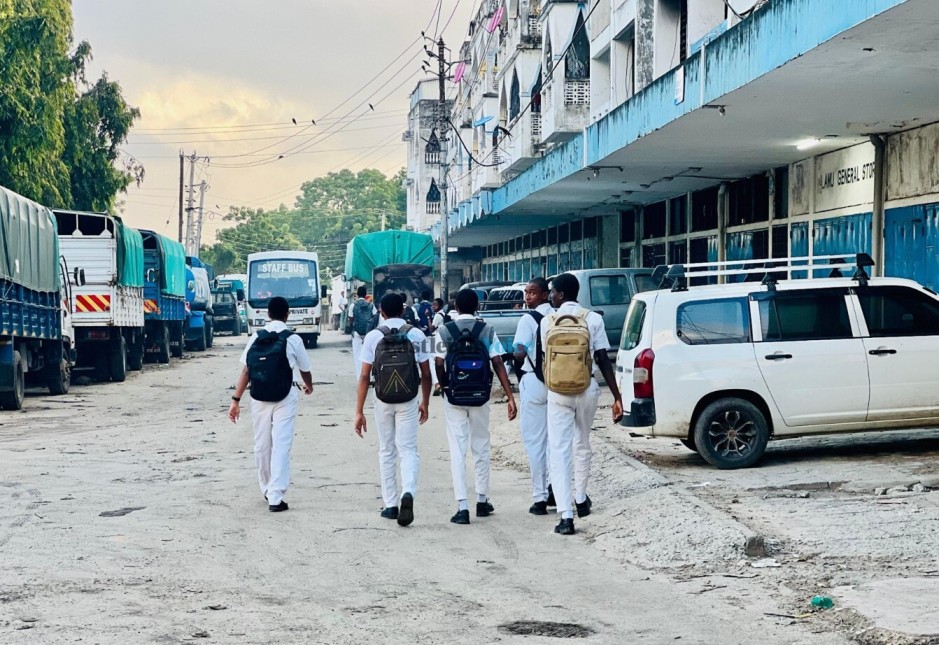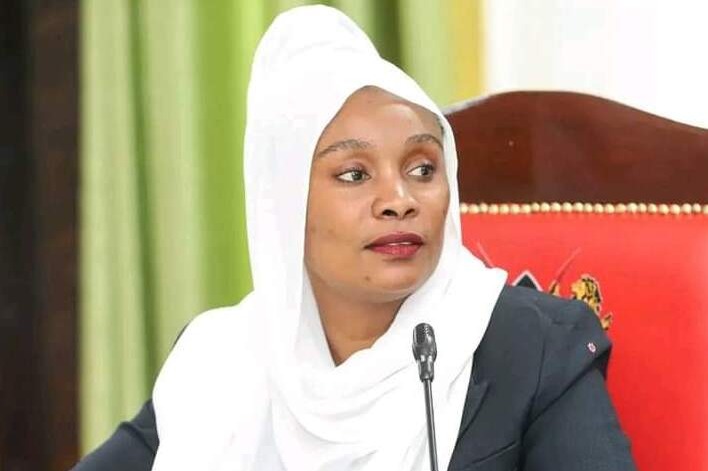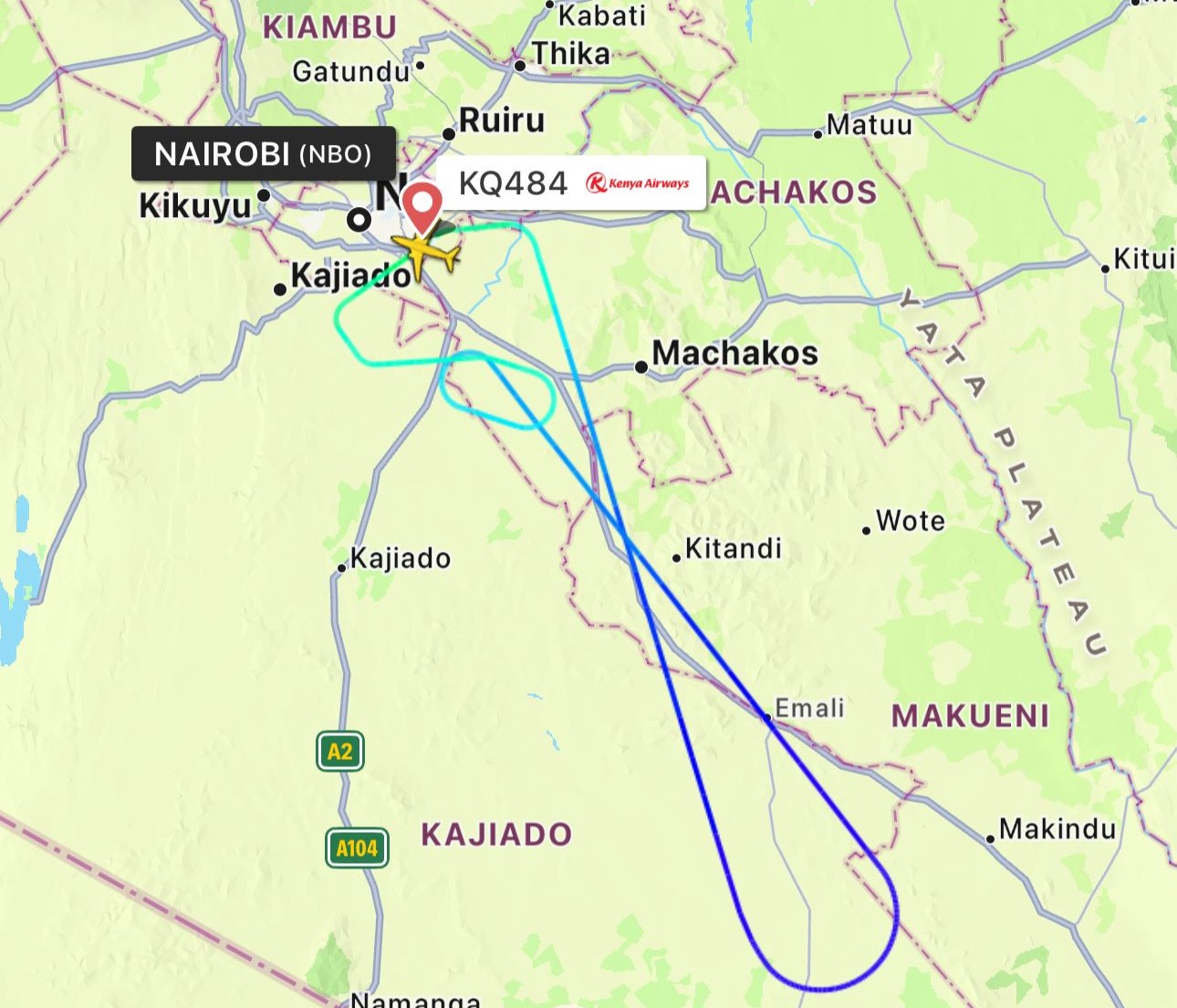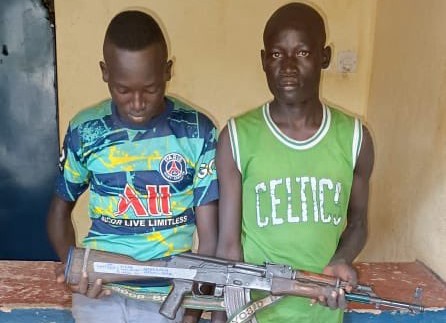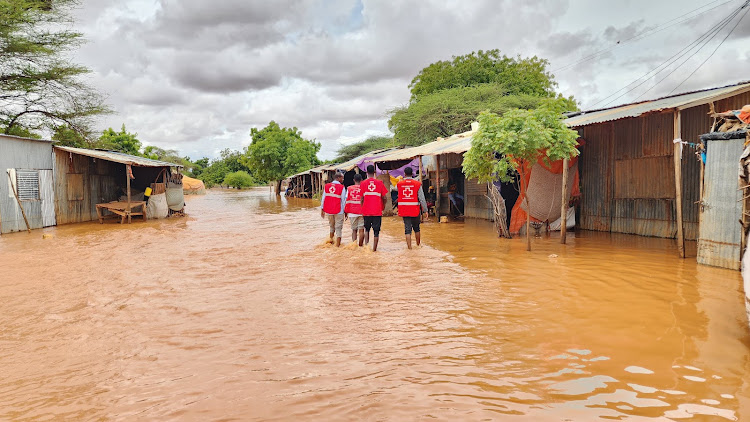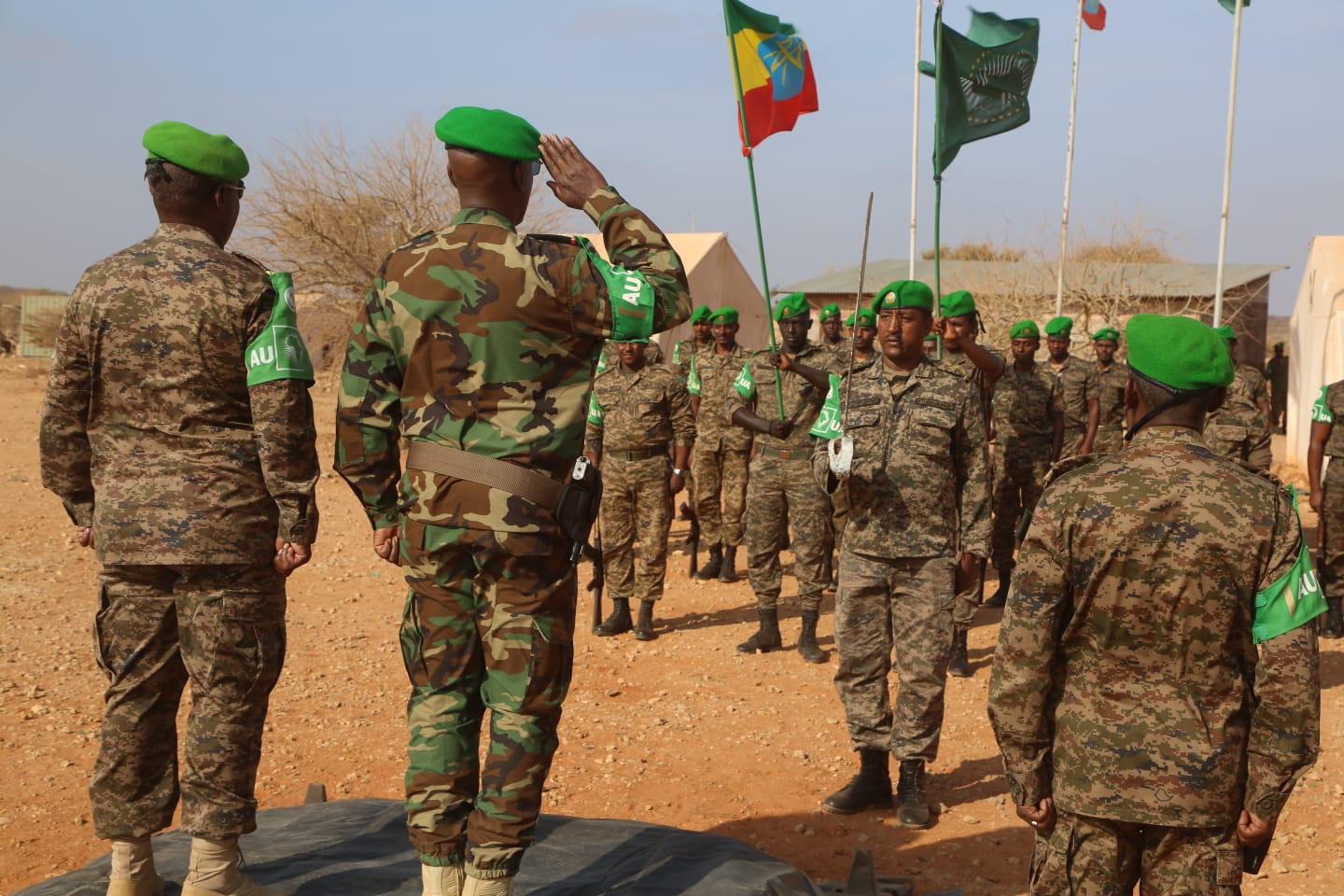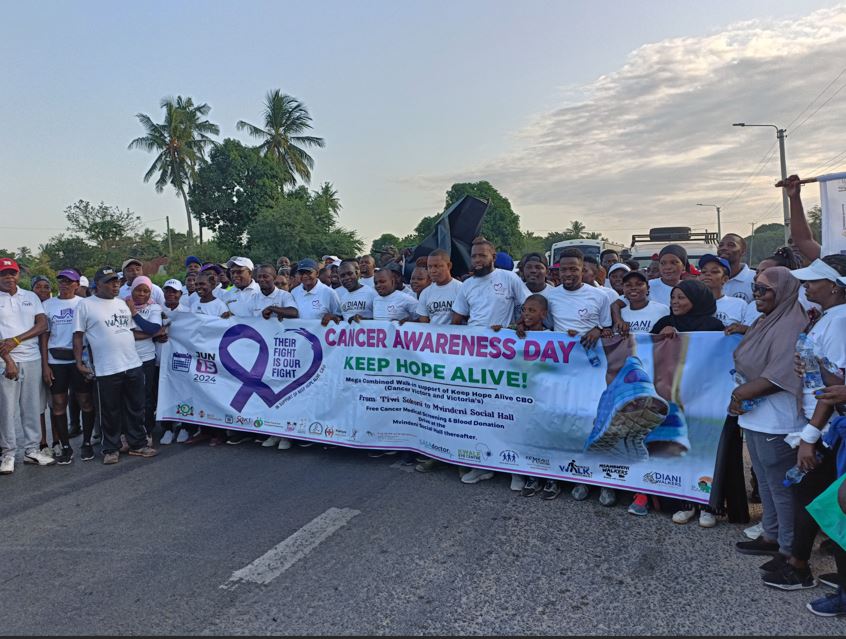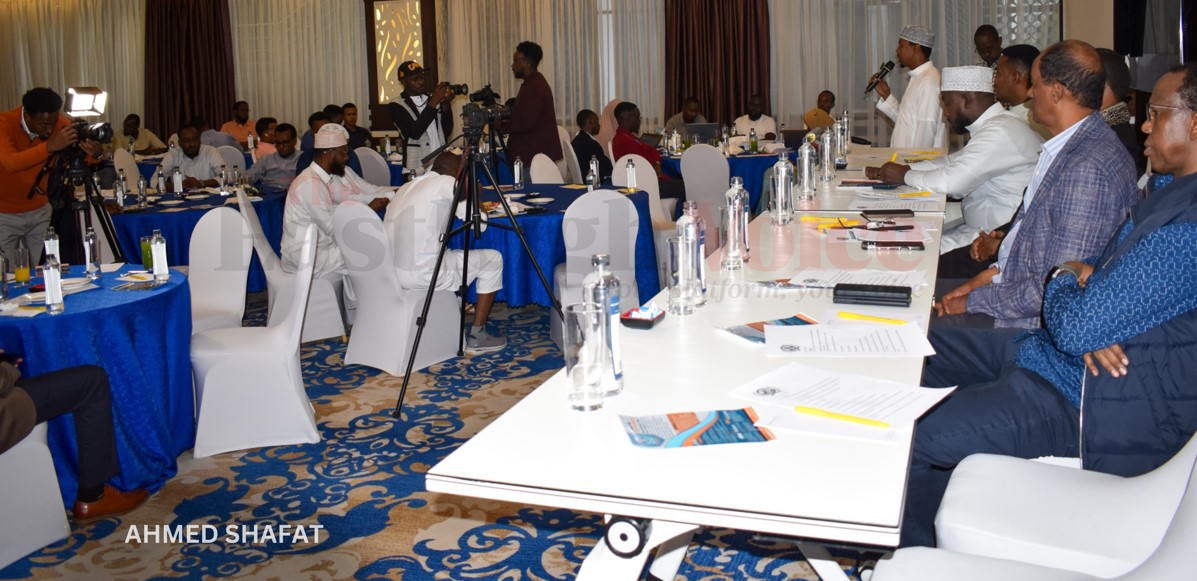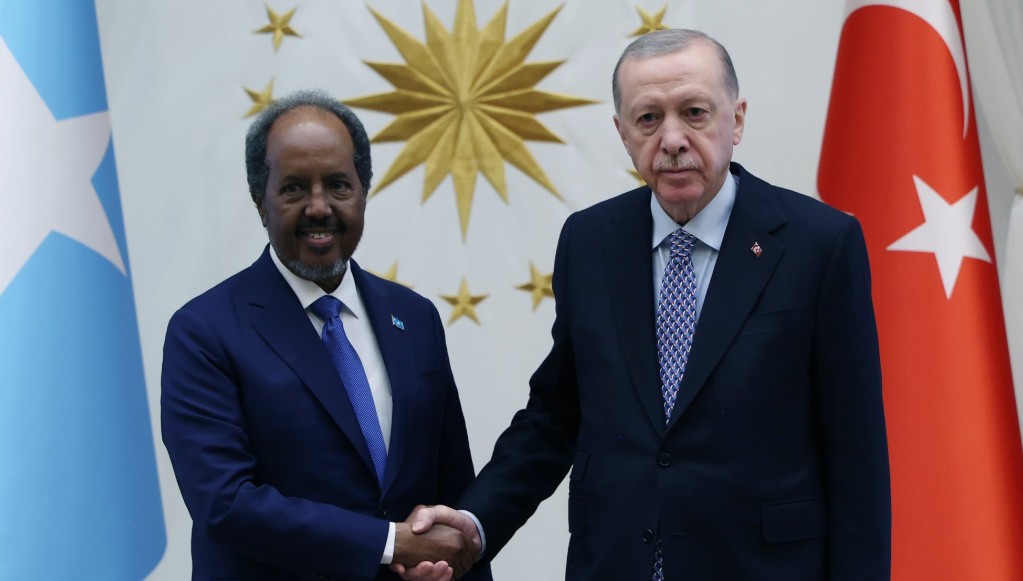Africa's diplomatic setback: How external powers took over the Rwanda-DRC peace talks
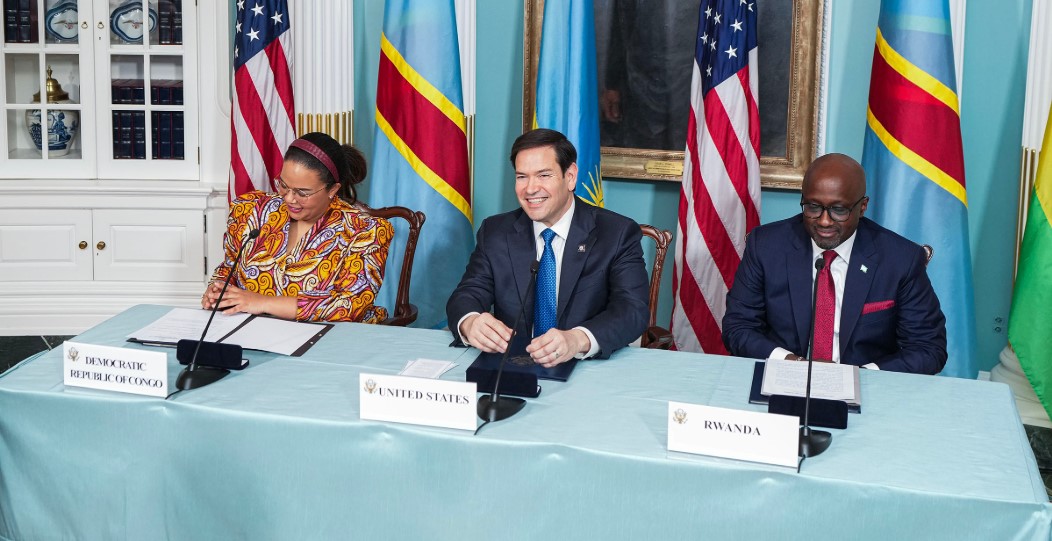
Qatar brokered a truce between the government of DRC and the M23 on Wednesday as the US brokered another between Rwanda and DRC on Friday, breathing a sigh of relief to the region, where similar attempts to bring the parties together now seemed to have failed.
On two occasions this week, warring factions in eastern Democratic Republic of Congo (DRC) have sat down and agreed to a common path for peace after months of renewed violence that culminated in the M23 rebel group's occupation of North Kivu.
Qatar brokered a truce between the government of DRC and the M23 on Wednesday as the US brokered another between Rwanda and DRC on Friday, breathing a sigh of relief to the region, where similar attempts to bring the parties together now seemed to have failed.
More To Read
This has then prompted the question whether the continent has lost its ability to solve its own conflicts without relying on external help, and while many have welcomed the two pacts, some have raised questions on the transparency of the processes.
Nobel Laureate, Dr Denis Mukwege, renowned for treating survivors of sexual violence in eastern DRC, is now demanding transparency in the Doha process and American facilitation in order "to avoid manoeuvres dictated by foreign economic and financial interests unrelated to those of the Congolese people ".
"While the announcements made by the parties point toward the conclusion of a truce, which would be positive news, it is worth recalling here that half a dozen truces and ceasefires were signed within the framework of the Luanda and Nairobi processes, now merged, only to be systematically broken, demonstrating the blatant bad faith of the forces of aggression and occupation, which have distinguished themselves by their constant disregard for the United Nations Charter, their continued defiance in the face of repeated condemnations from the international community, and their recourse to the "talk and fight" strategy," he said in a statement.
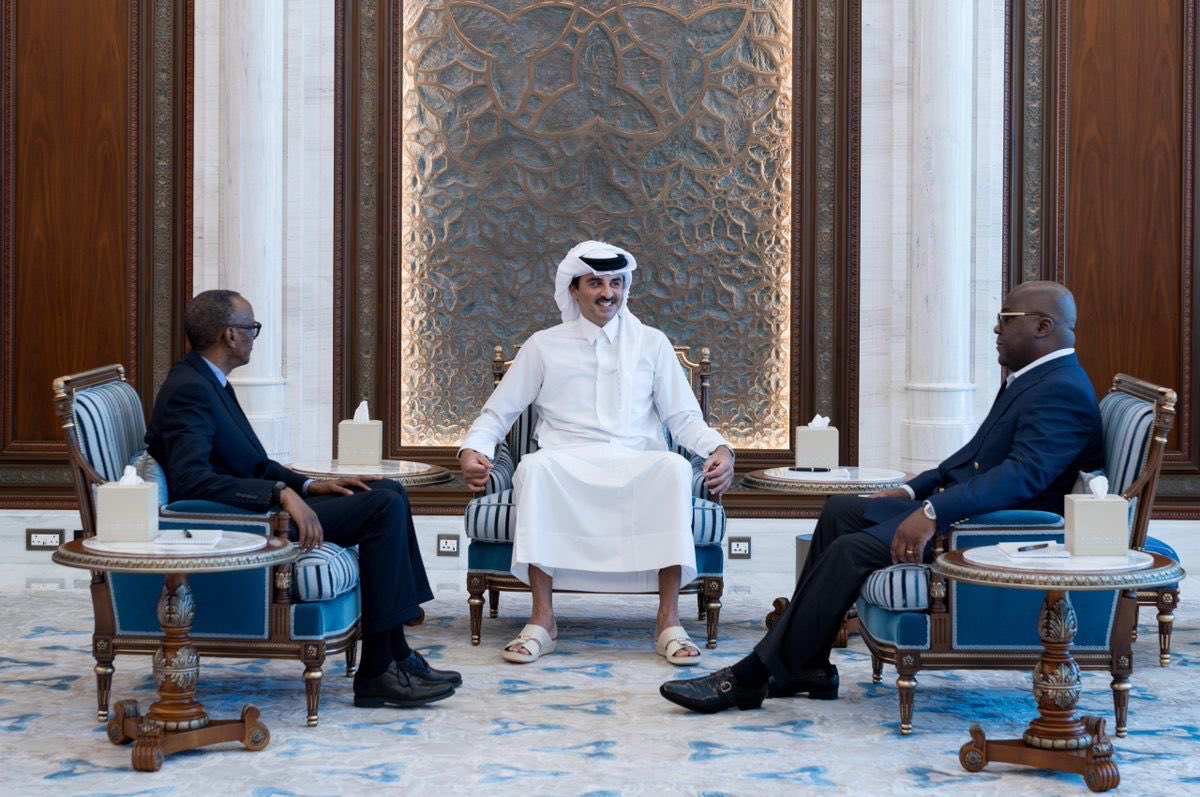 Rwanda's President Paul Kagame, Emir of Qatar Tamim bin Hamad Al Thani, and DRC's Felix Tshisekedi in Doha, Qatar. (Photo: Reuters)
Rwanda's President Paul Kagame, Emir of Qatar Tamim bin Hamad Al Thani, and DRC's Felix Tshisekedi in Doha, Qatar. (Photo: Reuters)
Decades of conflict
For him, while support of efforts aimed at de-escalation to achieve a ceasefire and silence the guns is essential, he cautions that caution must be observed as this armed conflict is not only largely international, it has lasted for decades, caused the death and displacement of millions of people, led to the commission of the most serious international crimes and one of the most dramatic humanitarian disasters in the world, therefore, it cannot be satisfied with a minimum solution.
On his part, Godber Tumushabe, the Associate Director at the Great Lakes Institute for Strategic Studies, told SABC News that moving talks away from the epicentre of the conflict is a sign that the agreement is not a genuine peace deal.
"We saw the efforts in Qatar and now in Washington DC. And the more they move away from the epicentre of the conflict, the more I get convinced that probably the drivers of these efforts are less of peace and more of the interests in the resources in the DRC. We know that President (Donald)Trump is a very transactional leader, given his first term in office. Even when you look at yesterday, this was more of a minerals deal than a peace deal. Because clearly, there are no fundamental elements of what a peace deal would look like," he claimed.
The criticism is, however, yet to look inwardly, to establish why the earlier established mechanisms of the now merged Nairobi Peace Process and the Luanda Process failed to halt the escalation of the conflict.
The witness of yesterday's signing of the declaration of principles between Rwanda and DRC in Washington, US Senator Marco Rubio, said that continental mechanisms would still be part of the ongoing peace efforts, but did not explain how.
"The African Union and regional economic communities in Africa have done incredible work, and we need to recognise that in bringing parties together and laying the foundation for these talks. Our government here is focused on energising these efforts. So, we're going to be in close contact with our African Union partners to make sure we can bring this to fruition and to see that this better future reaches everyone," he said.
Declaration of Principles
Rwandan Foreign Minister Olivier Nduhungirehe mentions that the pact reinvigorates all other efforts.
"The Declaration of Principles opens the door to a definitive peace agreement, giving fresh impetus to ongoing efforts of the Africa-led process under the East African Community and Southern African Development Community, as well as the Doha track facilitated by the state of Qatar, where we have seen important breakthroughs in recent days," he said.
Several experts have warned of a lack of neutrality in the African-led mechanisms and regional economic blocs’ efforts, where some member states failed to be neutral in their analysis of the conflict, to the extent that they could not hold any side truly accountable.
On the same note, other nations’ own interests in eastern DRC hindered their coming out boldly to address the matter neutrally.
The question of military versus political solution to the conflict was also a debate that lingered till the two economic blocs, EAC and SADC, mutually agreed that the conflict would not be solved through military action, prompting the decision to withdraw SAMIDRC from Goma.
The gains that were achieved by the EAC-led force, EACRF, kept the rebels away from civilians for months, ensuring a resumption of normalcy in North Kivu but the lack of a clear political roadmap at the time lagged the force as fighting paused, but political trust remained broken.
At the same time, the lack of a unified strategy by the different intervening mechanisms resulted in duplication of roles, confusion and finger-pointing, all of which created gaps that the rebels later exploited to their advantage.
There was also the feeling that resolutions arrived at from these recent meetings, such as calls for M23 withdrawal from Goma, were not enforced, thus ending up as mere suggestions as opposed to obligations.
And with many countries in the region now in conflict, some like Sudan are already hitting the three-year mark without a solution on the horizon, as Somalia's struggles with sourcing funding to counter terrorism. The question then morphs to what will give for the continent to solve its own problems using its own mechanisms, with the clear strain on donor support.
A quick fix was arrived at in Somalia on Friday when, after a long wait for a financial breakthrough for its new mission, the African Union Security Support Mission (AUSSOM)'s Troop Contributing Countries' summit in Entebbe, Uganda, resolved to increase the mission's troops on a bilateral basis in the short run to address the prevailing security situation, and to prevent a roll back on the hard-earned gains.
That, however, has not ended the mission's reliance on foreign support as the summit concluded that it remains the most ideal funding strategy.
On his part, Abdul Mohamed, a Sudanese expert, is of the view that there will not be an exclusively African solution to the conflict there nor an exclusively-Arab-led Sudanese solution, noting that even the mechanisms present are suffering from conflicting allegiances and geopolitical rivalries.
"There needs to be a combined African and Red Sea attempt for any meaningful solution to the war in Sudan. Unfortunately, the mediation efforts we have seen so far have been fragmented and often competitive rather than operative. Multiple regional and international partners are involved and instead of working together, many are operating in parallel or at cross purposes," he said in an interview with the Crisis Group.
Top Stories Today

